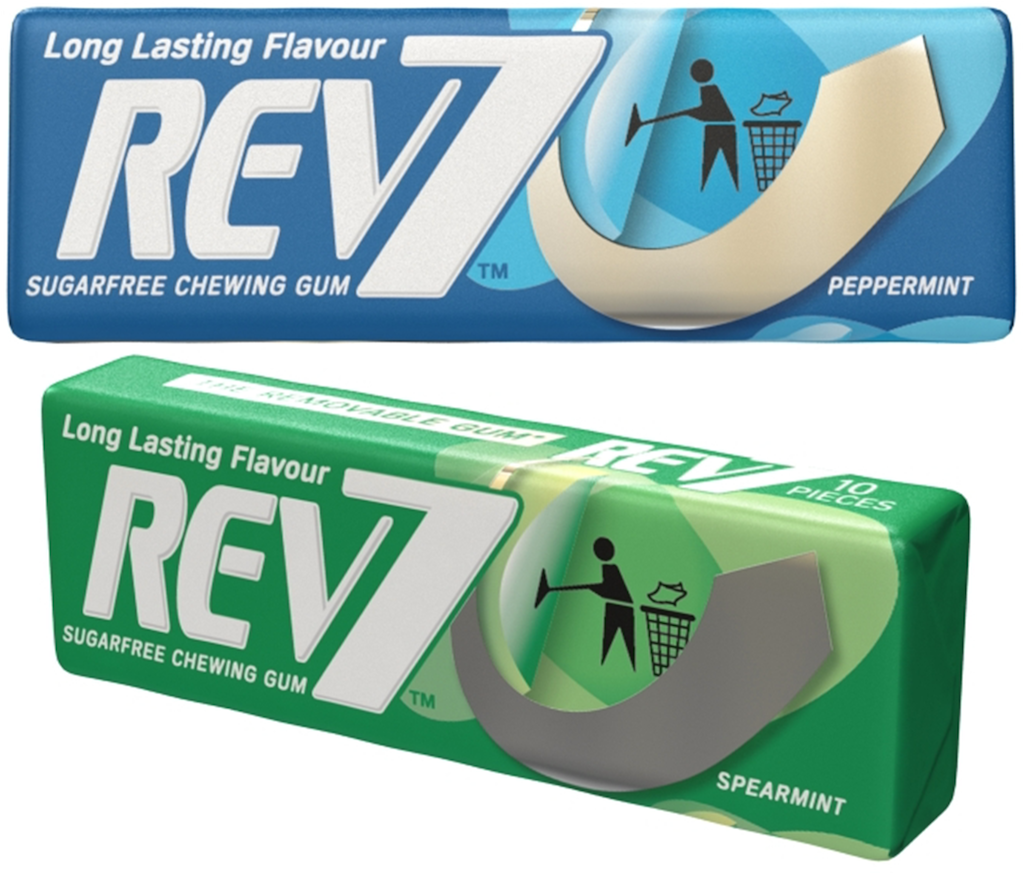Our sister publication FoodNavigator-USA recently broke news that Kraft Foods was looking for collaborators to launch a degradable gum to market. We can confirm that the industry leader, Wrigley, has also identified less sticky gum as its "number one" R&D priority.
Wrigley R&D at work
Wrigley’s gum bases are currently made from a combination of food-grade polymers, waxes and softeners. The base gives the gum its texture but can create littering problems on streets.
However, Wrigley is at work to create a less sticky gum base.
A Wrigley spokesperson told this site: “Finding a less adhesive gum is our number one research and development priority and progress is being made.”
“A significant part of our research and development program focuses on making chewing gum easier to remove and/or more degradable if improperly disposed. We have invested significant sums of money in this research, and progress is being made."
Working with a third party?
Asked if Wrigley would collaborate with a third-party in its development, such as Revolymer, the spokesperson said: “We have worked with, and continue to work with, outside companies and academic institutions to develop and test technology solutions to address the issue of littered gum."
However, the chances of a collaboration with a third-party appeared slim at this stage.
“At this time, we have not yet identified any external technology solution that would produce a chewing gum that is both easy to remove and acceptable to consumers,” the spokesperson continued.

Revolymer: the Rev7 option
Revolymer is the company behind the Rev7 gum base and brand. It recently received EU novel foods approval for its synthetic polymer chewing gum base, which it claims degrades over two to three months in drains and in less than two years on pavements.
Last week, Revolymer announced plans to trade its entire share capital on the London stock exchange to raise £25m to launch the Rev7 gum in Europe and continue selling in the US. The company’s CEO Roger Pettman recently told this site that Revolymer was only testing demand for degradable gum and hoped to collaborate with the industry to introduce gums with the Rev7 base to the market.
He also said that Rev7 gum was cheaper to manufacture at around six to nine US cents per pack of gum, compared to the eight to nine required to make regular gum.
Kraft wants collaboration
Revolymer may be heartened to learn that Kraft is looking for potential partners to pitch “ingredients, formulations or technologies" that could help it create a gum base that will degrade after disposal.
On its open innovation site kfcollaborationkitchen.com it invited partners to propose ideas, as reported by our sister site FoodNavigator-USA. (See HERE)
Who else is at work on degradable gum?
Interestingly, Kraft’s own UK R&D subsidiary Reading Scientific Services Limited (RSSL) claims to have already developed a solution, as we reported last week. (See HERE)

This gum base looks set to gain EU novel foods approval, but it is as yet unclear whether the co-polymer will be available to the industry as a whole or exclusively to Kraft. RSSL developed the gum base when it was affiliated with Cadbury. The R&D arm later became part of Kraft after its 2010 Cadbury acquisition.
Researchers from University College Cork, Ireland, recently patented a process for a non-sticky, biodegradable gum that uses cereal proteins, while a Dutch consortium, including TNO, are researching ways to make a similar gum. (See HERE and HERE)
The Chicza Rainforest Gum Initiative also has an ‘Organic Rainforest Gum’ that is made from natural chicle, which dissolves within four to six weeks on pavements. It is only available in the UK and entered Waitrose stores in 2009.
